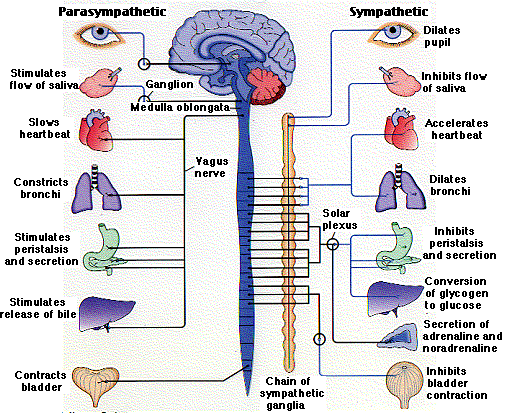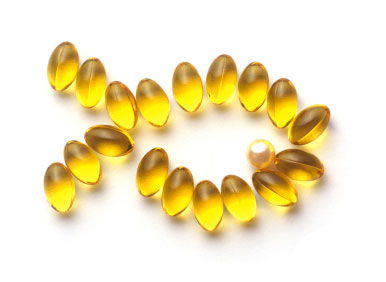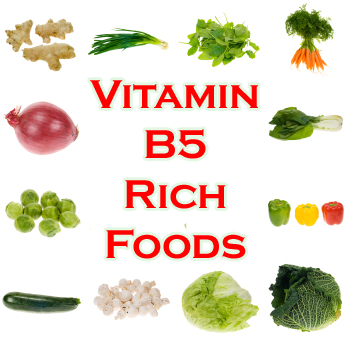Which Brain Supplements? – Some Essential Ingredients (Part 2)
 In the first part of this article we examined some of the more specialised, but none the less essential ingredients to look out for when considering which brain supplements to use to improve your overall brain health.
In the first part of this article we examined some of the more specialised, but none the less essential ingredients to look out for when considering which brain supplements to use to improve your overall brain health.
Specifically we looked at the roles Ginkgo Biloba, Acetyl-L-Carnitine, Alpha Lipoic Acid, L-Methionine and L-Theanine can play in any effective brain fitness regime.
In this second part of the same article, we will examine some of the more commonly found brain supporting vitamins to be found in the most effective brain supplements, in order to understand the role they can play in protecting your brain as you get older and specifically the role these brain vitamins can play in maintaining the health of your central nervous system.
 What is the central nervous system?
What is the central nervous system?
In the human body, the central nervous system plays a crucial role in maintaining the balance and function we need to perform at even the most basic level every day. The central nervous system essentially acts as the ’coordinator in chief’ for the body and works with the brain by gathering, ordering, regulating and assimilating all the information that comes in from the brain and body cells, making the necessary adjustments to ensure the behaviour and temperament of the whole organism is correct all day, every day.
This complex collection of cells and tissues are therefore essential to most aspects of human performance and in the same way the brain needs the correct balance of nutrients so too does the central nervous system.
 Omega-3 – Eat More Oily Fish
Omega-3 – Eat More Oily Fish
Over the years there is been a great amount of conflicting debate as to the true value of omega-3 fatty acids and the role they play in overall brain and central nervous system health. What is clear however is that omega-3 is essential for maintaining memory as we age. Recent research has shown that individuals whose diets do not deliver the right amount of omega-3 fatty acids may be more prone to not only memory loss but also failing vision, schizophrenia and depression.
Omega-3 comes in several different forms and the most relevant ones to brain and central nervous system health – DHA and EPA – are typically found in oily fish like mackerel, salmon, sardines, anchovies and trout.
Vitamin B-12
Vitamin B12 is an essential brain nutrient found in nearly all brain supplements and it works to maintain the health of not only the central nervous system but also the blood cells that move around the human body delivering essential oxygen to the brain. Research studies have shown that individuals whose diets are lacking in vitamin B12 may develop weak limbs (which can lead to motor problems), mild forms of psychosis, memory loss and/or issues with their bowels and urinary function.
Foods that are high in vitamin B12 include eggs, most types of fish, liver, chicken and other poultry as well as dairy and some types of yeasts like Marmite or Vegemite.
 Vitamin B-5 (Pantothenic Acid)
Vitamin B-5 (Pantothenic Acid)
This essential brain supporting vitamin is essential for the synthesis of energy in the body and also assists in the correct functioning of the central nervous system. It also helps in the healing of wounds and the production of keratin which is important for nails and hair.
Vitamin B-5 is commonly found in eggs, avocados, red meat and some dairy products like yoghurt.
Vitamin B-6
Vitamin B6 is a very important brain and nerve supporting nutrient that is commonly found in a wide variety of foods. It works by helping protect the immune functions of the human body and researchers have found that it is also essential in producing both serotonin and dopamine (essential neurotransmitters that control and regulate mood). It is therefore believed that vitamin B6 supplementation can help prevent depression, anxiety and other types of mood imbalances and disorders. Recent research makes tentative links between vitamin B6 deficiency and the likelihood of developing Parkinson’s disease.
Typically the best sources for vitamin B6 are vegetables that contain starch like potatoes, non-citrus fruit like bananas, some types of fish and most types of red meat.
 Vitamin B-9 (Folic Acid)
Vitamin B-9 (Folic Acid)
Folic acid (also known as Vitamin B9) plays a crucial role in cell development and growth and as a result it is often prescribed as a supplement to expectant mothers. Research from the 1970’s and 80’s has demonstrated quite clearly that expectant mothers whose diets were deficient in folic acid were more likely to have children with brain and spine related developmental diseases like spina bifida or other kinds of birth defects. For expectant mothers the advice is to take folic acid at least one month before pregnancy and to continue for the duration of the term.
In addition to potential birth defects some other common disorders associated with folic acid deficiency include memory loss, depression, damage to nerves, mouth ulcers, anxiety, irritability and other types of mental impairment.
The most valuable sources of vitamin B9 (folic acid) are leafy green vegetables, however since modern diets contain insufficient amounts of these vegetables, most folic acid in current diets is delivered through cereals and bread which have been fortified with folic acid.
Sam Jansen is a leading brain scientist, lawyer and author, studying neuroscience, social behaviors and the science of happiness.You can find him at Google+
















